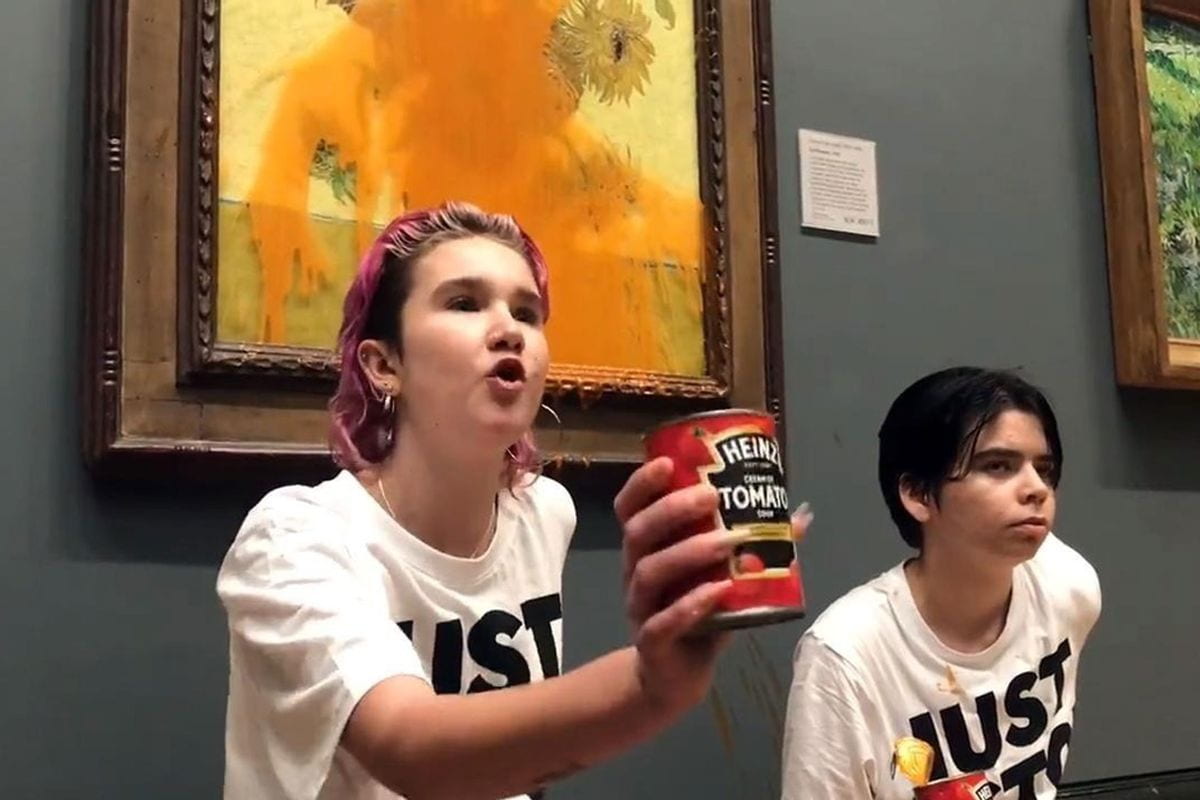by Kaelin Ferland '23 on November 3, 2022
Opinion Staff
Opinion

The United Nations released a report just last week about how we are in dire need of climate action, explaining that “the world is still falling short of the Paris climate goals, with no credible pathway to 1.5 degrees C in place.” With these goals out of reach and no concrete plans to prevent our planet from warming an additional 1.5 degrees C, the UN warns that it seems as though immediate changes will be necessary to prevent climate catastrophe.
World leaders are not doing enough. The report adds that the COP26 Summit held last year did practically nothing to help mitigate climate change at the level that we need to. The UN explains that we will need to decrease greenhouse gas emissions by 45 percent in the next eight years. This number is unheard of, proving how desperately we need climate action and have waited too long. With a World Meteorological Organization report published the day before the UN’s statement that 2021 was a record-breaking year for greenhouse gas emissions, it seems as though climate change poses its greatest threat yet.
Even as individuals protest and scientists make constant warnings, politicians don’t listen. Recently, activists representing the Just Stop Oil organization have escalated their protests, for example, by throwing soup at Van Gogh’s Sunflowers and mashed potatoes at Les Meules by Monet. One activist even glued his head to Vermeer’s famous Girl with a Pearl Earring. None of the paintings were ruined in the process.
For many, these acts don’t make sense, and they are unsure of how these paintings connect to climate change and environmental issues. Others are worried about how these protests could cause environmentalists to be viewed in a negative light. However, some did support the Just Stop Oil protestors, pointing out how it’s frustrating that people are more angered about these actions than the lack of political action in the environmental sector.
It is confusing why the activists are targeting these paintings, specifically, given they have no relation to climate change; however, this isn’t the point of these demonstrations. The activists are trying to make a statement about how these paintings will be worthless if we continue to do nothing. In our society, it can feel like our traditional forms of protesting are not enough. Every September, Fridays for Future organizes a global climate strike involving hundreds of locations around the world and hundreds of thousands of protestors. In Germany alone, there were protests in 270 cities and approximately 280,000 people took to the streets. However, every year it seems as though these protests are overlooked and ignored by world leaders who continue to not take political action.
These protests haven’t caused nearly as much conversation about climate change as these activists have. While the Just Stop Oil demonstrations are over the top and seem to go too far, they have been effective in starting a massive conversation about climate change. However, as with most protests, this attention will be short-lived, and society will move on and forget. These efforts will ultimately be overlooked and climate action will be delayed, despite the scientists’ warnings and our demands for change.